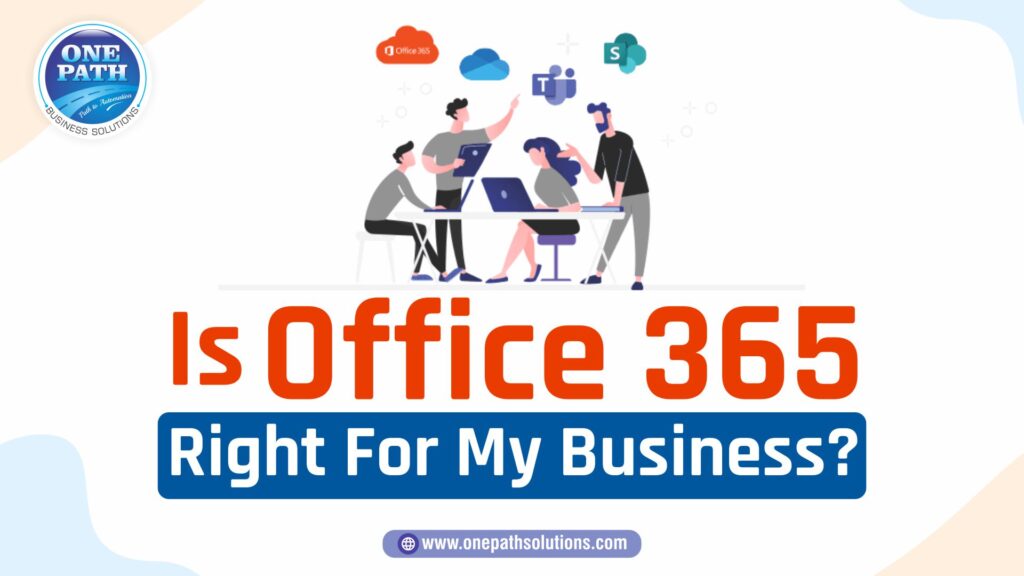Ensuring the protection of sensitive information in cloud environments
With the rise of digital technologies, cloud computing has become an essential part of our daily lives, transforming the way we store, process, and access information. Whether you’re a small business owner, a freelancer, or an individual, you likely rely on the cloud for your data storage and processing needs. The cloud offers many advantages, including accessibility from anywhere, cost savings, and scalability. However, as the amount of sensitive information we store in the cloud continues to grow, so does the need for enhanced security measures to protect it.
In today’s fast-paced digital world, cyber threats are a constant reality. From hacking attempts to data breaches, there are numerous ways in which sensitive information stored in the cloud can be vulnerable. This is why it’s critical to take the necessary steps to ensure that your cloud security is up to par.
In this comprehensive guide, we’ll delve into the most effective ways to maximize cloud security and protect your sensitive information. From choosing a reputable cloud service provider to implementing strong authentication, we’ll cover all the essential steps you need to take to ensure the safety of your data in the cloud. Whether you’re just starting out with cloud computing or you’ve been using it for a while, this guide will provide you with the tools you need to keep your sensitive information secure.
Choose a reputable cloud service provider:
When it comes to cloud security, the reputation of your cloud service provider is crucial. Choose a provider with a proven track record of security and privacy, and make sure they are using industry-standard encryption methods.
Implement strong authentication:
Strong authentication is the first line of defense against unauthorized access to your cloud data. Require multi-factor authentication, such as a password and a one-time code sent to a phone, to access cloud resources.
Encrypt your data:
Encryption is the process of converting information into a code to protect it from unauthorized access. Encrypt your data both in transit (when it is being transmitted from one place to another) and at rest (when it is stored on a server).
Use access controls:
Access controls allow you to determine who has access to your cloud resources and what they can do with them. Use role-based access controls to limit access to sensitive information to only those who need it.
Conduct regular security audits:
Regular security audits help you identify potential security threats and address them before they become a problem. Work with your cloud service provider to conduct regular security audits and ensure that your data is protected.
By following these tips, you can ensure that your sensitive information is protected in the cloud. Remember, the key to maximizing cloud security is to stay informed and proactive about potential threats.
In conclusion, cloud computing offers many benefits, but it also comes with risks. By taking the necessary precautions and being mindful of potential security threats, you can ensure that your sensitive information remains protected in the cloud. Choose a reputable cloud service provider, implement strong authentication, encrypt your data, use access controls, and conduct regular security audits to maximize cloud security and protect your information.




